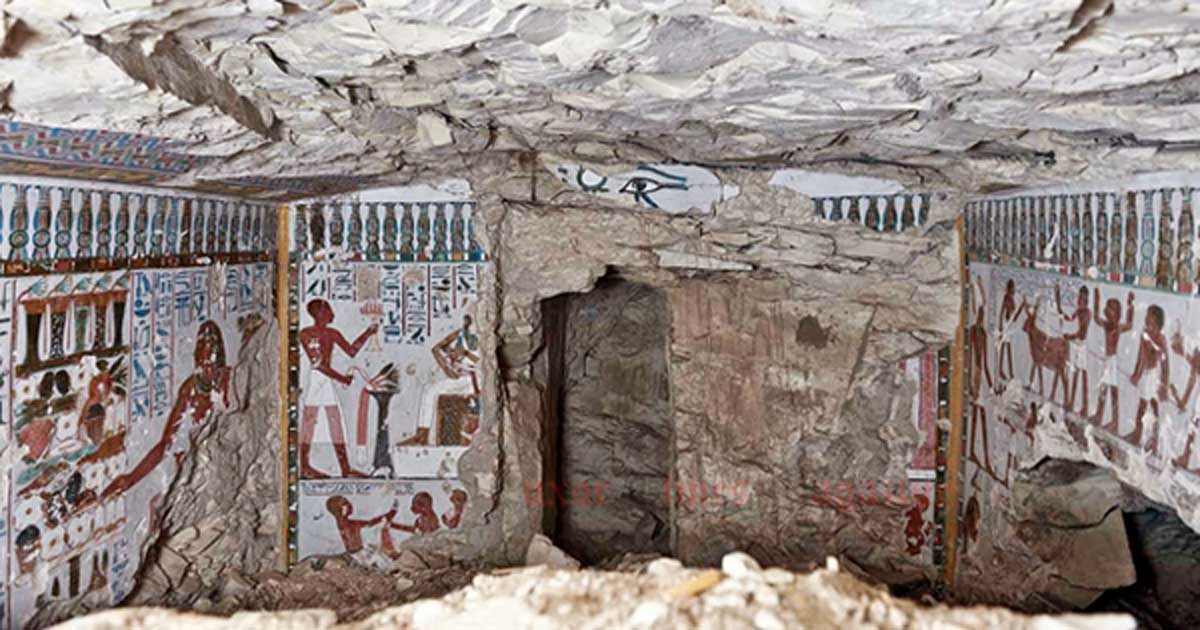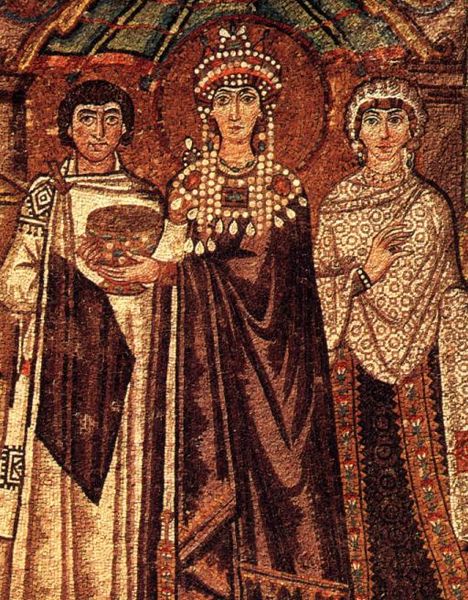

It is unclear whether the presence of hope in the jar implies that it is also an evil, or whether the fact that it remains behind suggests it was meant to be a good, a consolation for the accompanying evils. Footnote 1 Hesiod’s characterization of ἐλπίς is notoriously open to interpretation.

After Pandora’s jar is opened, a host of evils escape, with only Ἐλπίς remaining. Perhaps the best known of the early Greek references to hope is found in the story of Pandora, as told by Hesiod in Works and Days (lines 50–105 see also Theogony, lines 565–615). To begin, it will be helpful to recognize the complex context in which Greek philosophy comes to the topic of hope. Although they provide us with few dedicated and systematic expositions on the nature of hope and its place in a good human life, these philosophies nevertheless offer important steps towards an increasingly sophisticated set of views relating hope to the good life, to reason, and to psychological phenomena such as memory, imagination, fear, motivation, and pleasure. But these philosophical approaches also add something new. The philosophies of Plato, Aristotle, and others emerged amid a robust ancient Greek concern with hope, and so they share some of the traditionally ambivalent Greek views on the value of hope. In this chapter, I aim to illuminate some ways in which hope was significant in the philosophical work of classical Greece. However, while there is a growing body of scholarship on hope that draws from classical Greek literary, artistic, and historical sources (Caston and Kaster 2016 Chaniotis 2012 Kazantzidis and Spatharas 2018), scholarship on hope that engages with ancient Greek philosophical texts has been much less extensive. The chapter concludes that discussions surrounding hope in ancient Greek philosophy are rich and challenging and can serve as a lively stimulus to further exploration of the concept of hope.Īcknowledgement of the importance of hope-and its ability to both comfort and betray us-can be found in the earliest Greek literature.

The chapter then reviews Aristotle’s discussions of confidence, hope, and courage, observing that although Aristotle does not mention hope as a virtue, he does note its importance to human agency and deliberation and as a foundation for the further development of virtue. Consideration is given both to Plato’s direct comments on hope and to the narrative contexts of his dialogues, with analysis of Plato’s positive and negative representations of hope, hope’s relationship to reason, and Plato’s more psychological approach in the Philebus, where hope finds a place among memory, recollection, pleasure, and pain. After an introductory discussion of Hesiod and Heraclitus, the chapter focuses on Plato and Aristotle. Although ancient Greek philosophies contain few dedicated and systematic expositions on the nature of hope, they nevertheless include important remarks relating hope to the good life, to reason and deliberation, and to psychological phenomena such as memory, imagination, fear, motivation, and pleasure.

This chapter aims to illuminate ways in which hope was significant in the philosophy of classical Greece.


 0 kommentar(er)
0 kommentar(er)
